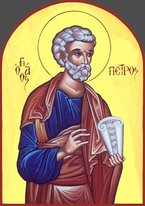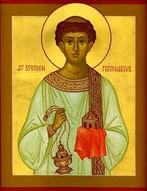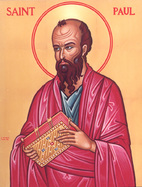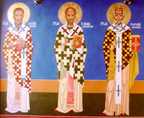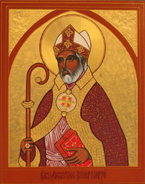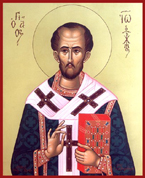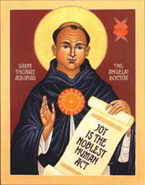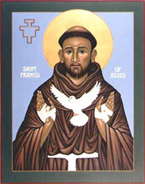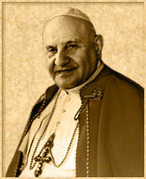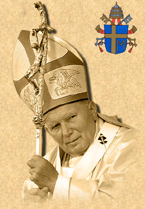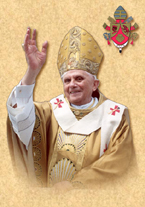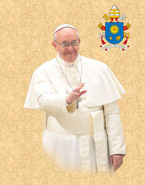|
I have most recently been asked, how do Catholics in Malaysia theologise about politics? I cannot help but respond with a rhetorical question, “DO Catholics in Malaysia theologise about politics?” My reply may sound hopelessly negative, especially to readers who are aware of the plethora of recognised and trying-to-get-themselves-recognised Malaysian Catholic political commentators being published all over the Catholic newspapers and various social media platforms. Even more aspiring commentators are being published on an almost weekly basis in the “Dear Editor” columns of local Catholic periodicals. Their comments range from those pertaining to what the government is doing wrong to those that spell out what the Church has allegedly failed to say about what the government is doing wrong.
But my argument is simply this, just because a Catholic commentates politically does not mean he is thinking theologically. In fact, one cannot help but notice that these very Catholic commentators often also leak a hint of dissent towards the Church itself. Theologically trained readers would very swiftly discern the inability of most such commentators to interact theologically with the socio-political undercurrents of the country. That being the case, it is possible that these commentators might see themselves as the very people chosen to save the Church from itself and from its reluctance to be overly vocal. Unfortunately, the inability to critique theologically often causes them to pander to anti-government rhetoric more than inspiring readers to capture the beauty of a society constructed upon the beauty of the Church’s kerygma and truth. It does the Church little justice when such sporadic solitary voices are misconstrued as being the voice of the Church. These very voices are also the ones that accuse the Church of being too soft, too gentle, too “cowardly”. An honest observation of many Catholic political commentators may yield the conclusion that they do what they do not because they endeavour to critique the socio-political landscape of the country through the mind of the Church, but rather, because they are – like everyone else – simply fed up with the present state of things. Just because they are astute socio-political critics does not make them social theologians, and I am sure they do not claim to fulfil this role either. But it does sometimes seem like they are occasionally quite happy about having been misconstrued as representing the Church, this being a misrepresentation that works in their favour. There is something important to be said about the preoccupation with justice and peace. Justice and peace are values integral to the mind and intention of the Holy Church. But they are not values we shout about. Rather, they are values we strive to embody, explain and inspire people to behold and desire in a persuasive manner. The Church is a colony of the kingdom of God, a sign of heaven. Heaven can be neither built through brash rhetoric of forceful public demonstrations. Unfortunately, a social theological community has yet to arise in Malaysia to provide a model of social engagement which is more consistent with the eschatological nature of the Church. Until now, we have had to make do with commentators who gravitate towards a form of liberation which inflicts weariness even on the Church they aspire to represent. Some of them sound like they would love to change not just the secular government but the Church government too.
0 Comments
Leave a Reply. |
Categories
All
Archives
December 2021
|
|
FOLLOW DEACON SHERMAN DEACON'S FORMATION FB GROUP
© 2021 Sherman Kuek. All rights reserved.
|

 RSS Feed
RSS Feed
